Shutter speed value on the camera and its setting
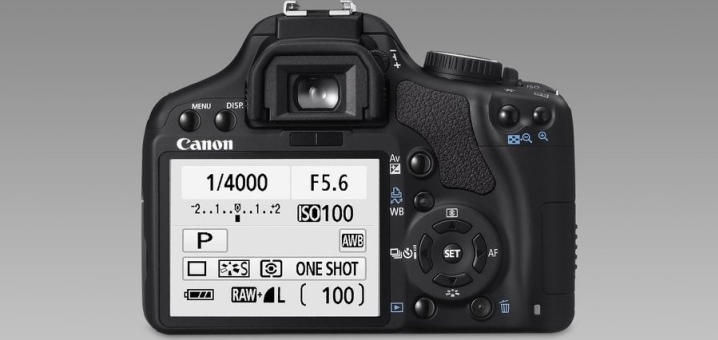
In the past few years, photography has become very popular. However, in order to master it perfectly, first of all, it is necessary to be able to correctly handle the camera, to know all its functionality. Today in our article we will talk about what a camera shutter speed is, how to set it up and why you need it.
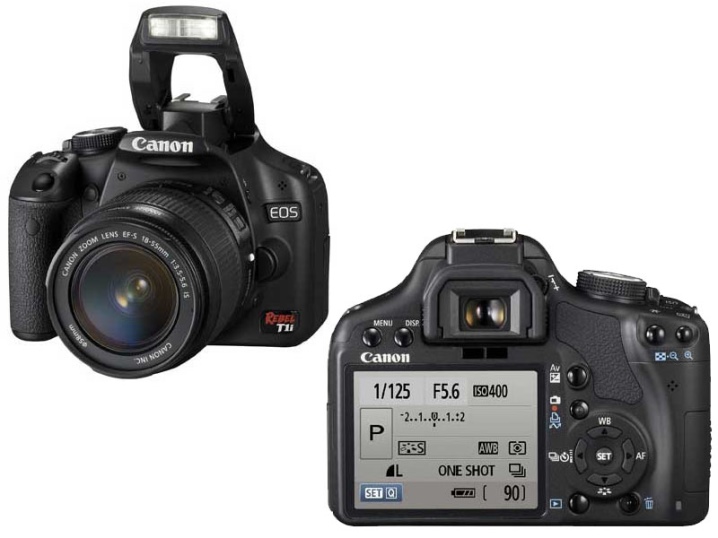
What it is?
Generally speaking, the shutter speed on the camera (or camera) is the duration of the shooting. This function is needed in order for the final image to be as clear and high-quality as possible. The selection and adjustment of this indicator is not carried out only if you are shooting in automatic mode.
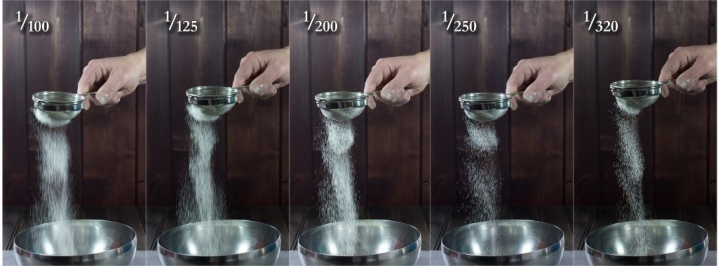
The choice of the shutter speed affects the amount of time that a device that allows light to reach the sensor will be open. (i.e. the time the shutter is open). The shutter speed is also responsible for the exposure of the photo and the quality of fixation of various moving objects.

On the camera, the shutter speed may be indicated in 2 ways: S (shutter) or Sv (shutter speed). It should be borne in mind that this parameter is present not only on modern digital cameras, but also on film cameras.
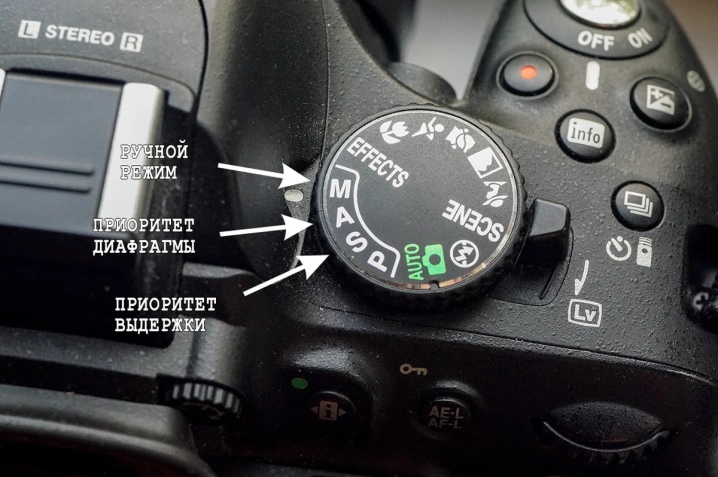
Important! The overall quality of the final image is influenced not only by the shutter speed, but also by the camera aperture - the size of the hole in the lens through which light enters the camera sensor.
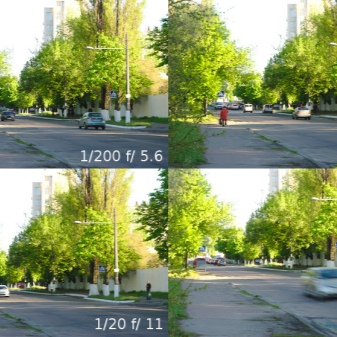
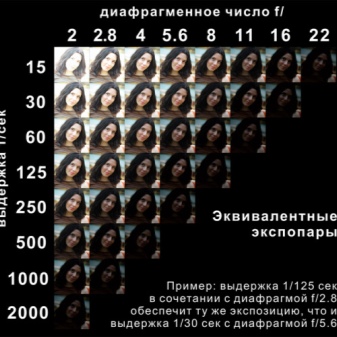
How is it measured?
The shutter speed is measured in seconds. As you adjust this indicator, you will notice that the camera displays one or another numerical value. So, if you see the number 30, it means that the shutter speed at the moment is 1/30 s. From a practical point of view, this means that the camera shutter will open for 1/30 s - at this time the matrix will receive light. After the specified time has elapsed, the shutter closes and the exposure procedure ends.
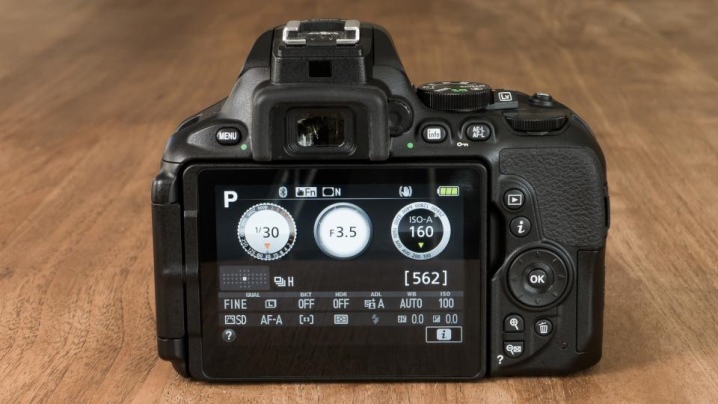
Views
Due to the fact that in the modern market of technology and electronics there are a large number of camera models that are produced by a variety of manufacturers (both domestic and foreign), there are many types of exposure. Let's consider the main ones.
- Long... Slow shutter speeds are most often used when we want to capture a moving subject and at the same time convey its dynamics. In this case, the function of repeated freezing is not sufficient. Using the maximum exposure length is useful if, for example, you want to photograph a moving motorcycle. In this case, the motorcycle must be followed at the same speed.
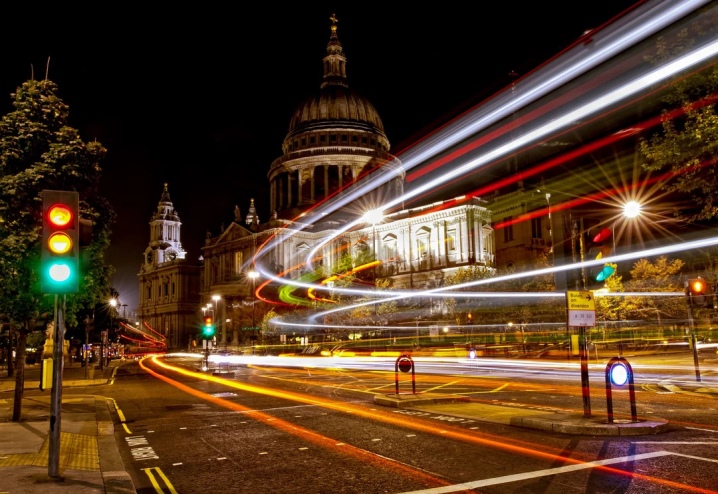
A slow shutter speed is considered to be (at least) 1/70 or 1/50 of a second.
- Freeze motion... Freezing technology is used to stop the movement of an object during the shooting process. For this, it is important that the camera shoots very quickly. In this case, the specific shutter speed depends on the moving object that you are photographing (the shutter speed can be shorter or, on the contrary, slower). Before taking the final shot, professional photographers often make a so-called test shot.
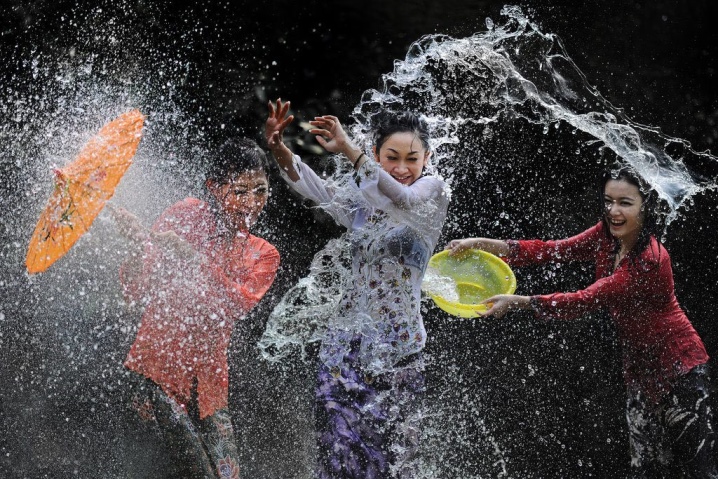
To freeze motion, it is important to use shutter speeds such as 1/1000, 1/500, 1/250.
- Zoom... Zoom is a function that allows you to zoom in or out on an image. This way you can change the scale of an object moving in the frame. It is not recommended to use a shutter speed that is too fast or too slow in combination with a zoom - it is best to choose a medium value.
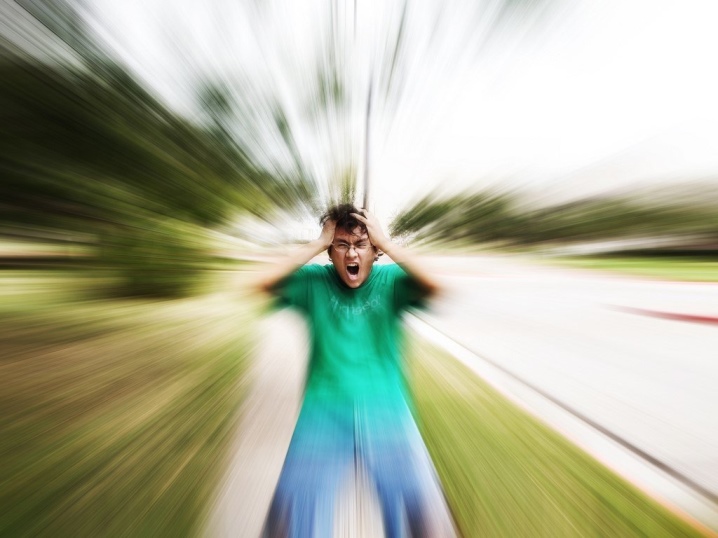
When activating the zoom, it is very important not to move the camera off the tripod or change the position of the subject in the frame. Only in this case can you get a beautiful background, otherwise it will turn out blurry.
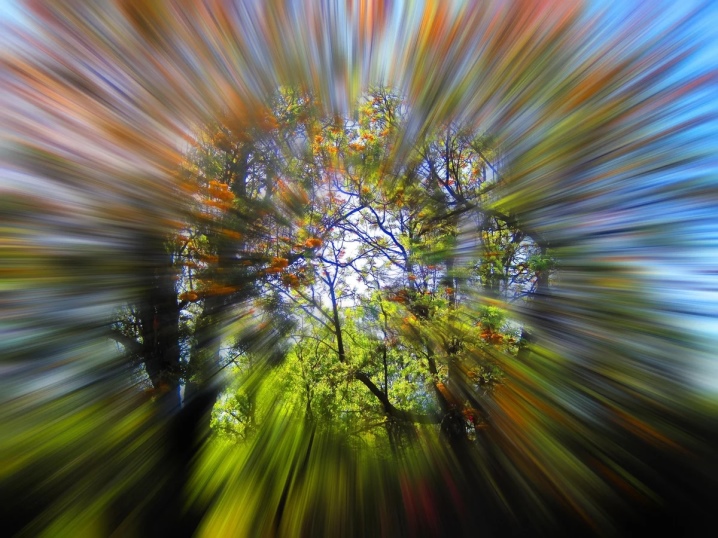
- Trembling... Generally speaking, jitter in a photo is a sign of poor image quality. However, this technology is also often used for creative shots. For example, it can convey a sense of high speed or disorientation.
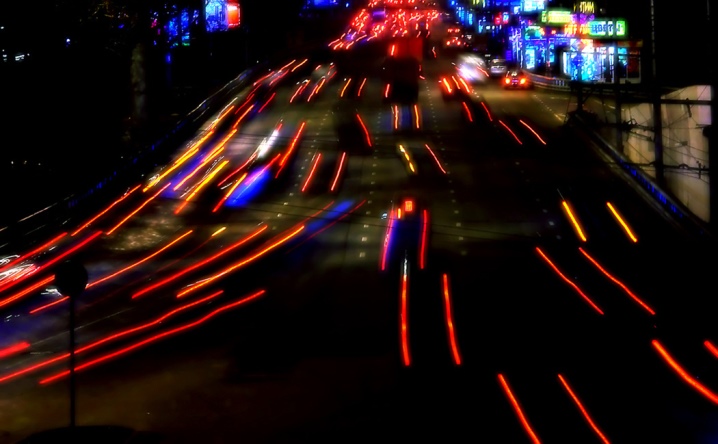
It is recommended to mount the camera on a tripod to create shake-effect photos - it is very important that it is as stable as possible.
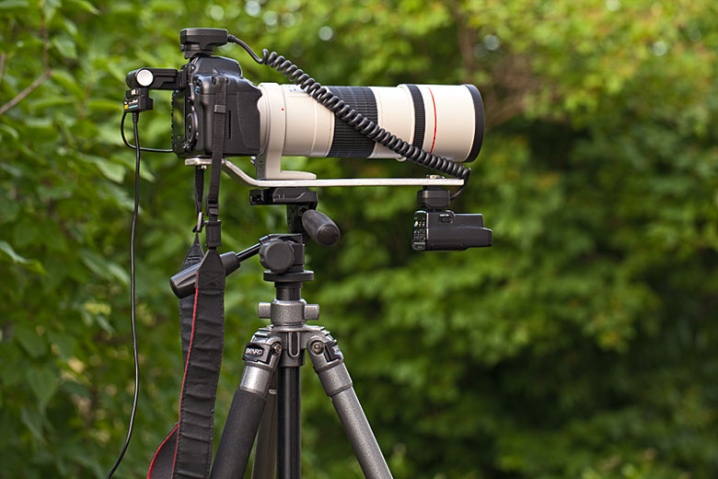
- Silk effect. Popular among landscape photographers is the so-called silk effect. It is often used if you want to capture the surface of the water (river, lake, sea or any other body of water).
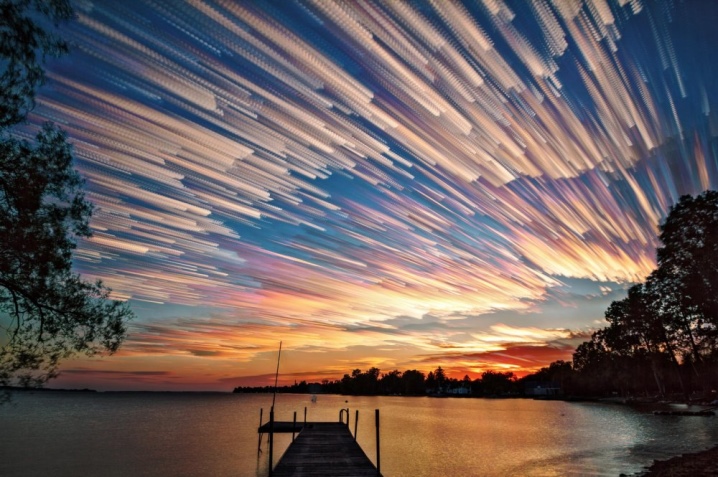
The silk effect can only be achieved if you use a slow shutter speed (in which case you can also photograph a moving waterfall).
In this case, a specific shutter speed should be longer than one second. To create this type of photo, you will need additional accessories such as a tripod and a Neutral Density (ND) filter. By using them, you can prevent unwanted overexposure of your photos.
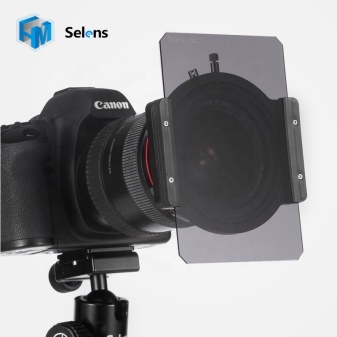
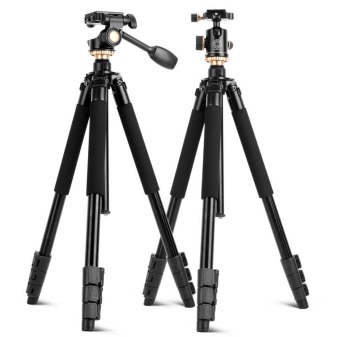
- Clouds in motion... In order to photograph clouds in motion, it is recommended to follow the same algorithm as in the case of the "silk effect".
It is also important to focus on environmental conditions.
So, if there is a strong wind outside and generally unfavorable weather, then the exposure should be relatively low (and vice versa).
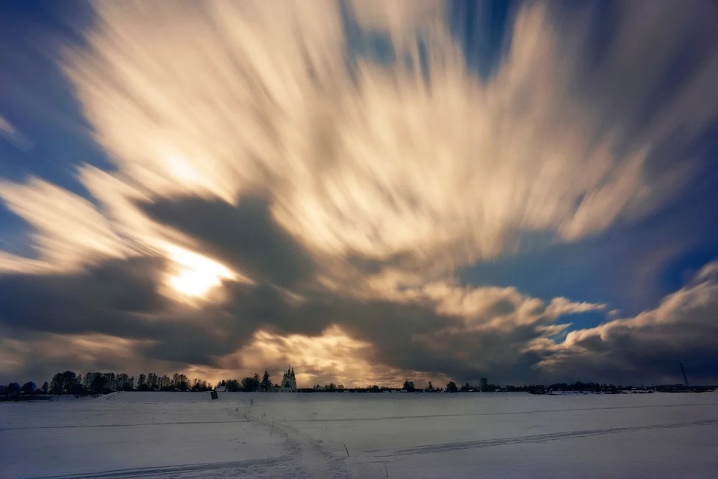
- Night photography... Photographers love to work not only during the day, but also at night. In this case, the camera begins to function much worse in the absence of the required amount of light. Even if you are on a street lit by lanterns and other artificial light sources, it is very difficult to get a good picture.
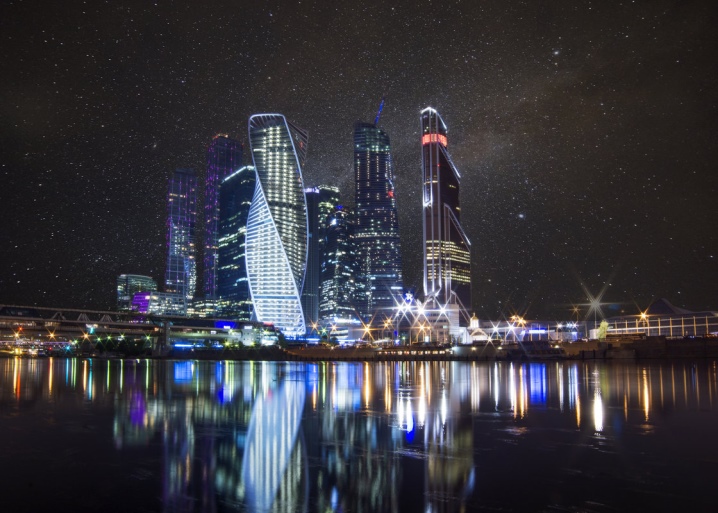
In order for your photograph to be of the highest quality, you need to shoot at the lowest possible speed - this is the only way you will get the light you need.
Most often, in such conditions, professionals recommend setting the shutter speed at about 1/30 or 1/40 seconds. It is also very important to properly expose the image. Also, when choosing a shutter speed, you should focus on the focal length.
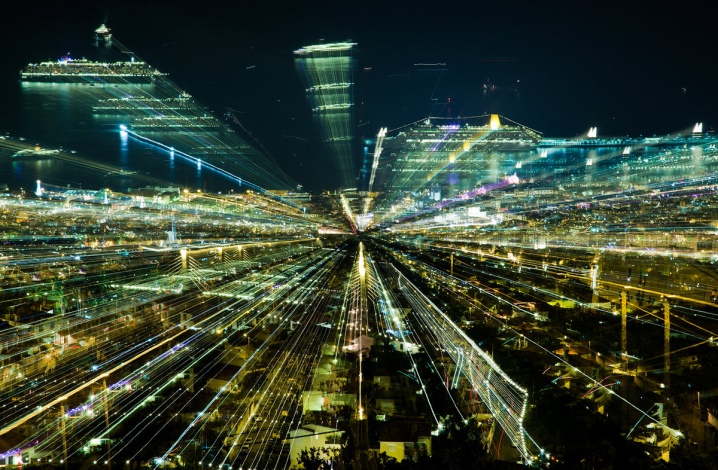
- Light painting. Exposure is especially important if you want to take a modern light painting style photograph. To create this kind of pictures, you can use any source of light available to you, for example: a flashlight, a flash from another camera or phone, fire, and more. etc. In this case, the shooting itself must be done in conditions of long exposure.
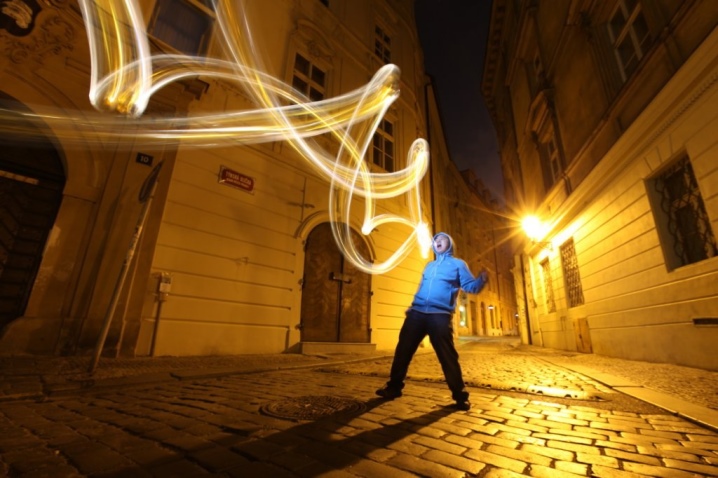
You should tune in in advance that it will take you a long time to create such photos.
- Flash... Pay particular attention to the shutter speed when using the flash. In the event that you do not use special high-speed synchronized flash light, then you will not be able to increase the shutter speed by more than 1/250, since it is at this speed that the vast majority of standard flashes function.
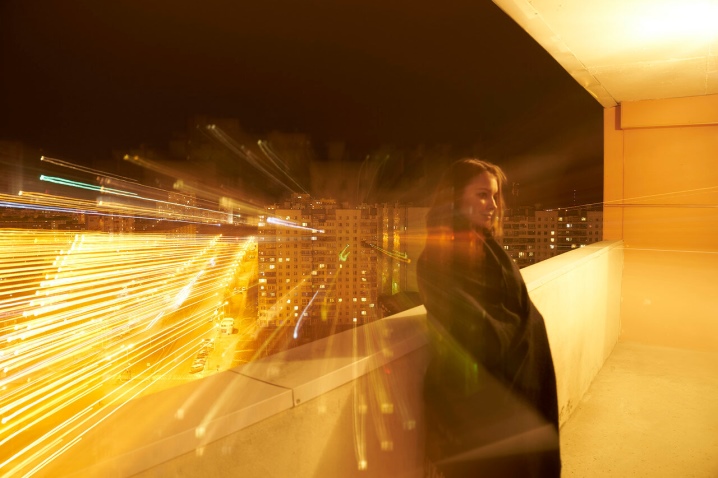
If the shutter speed does not match well with the parameters of your flash, then as a result you will see a large strip of dark color in the photo.
It is formed due to the fact that the IFO is triggered when the camera shutter is already closing.
Thus, there is a huge variety of aging types... The choice of one type or another must be approached very carefully, since the quality of your final image depends on it. One way or another, but without fail, you must focus on the object that you are photographing, as well as on the environmental conditions within which the video is filmed.
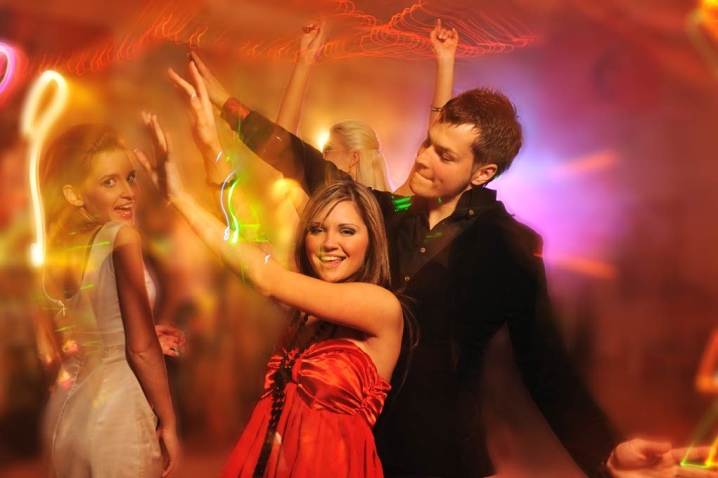
How to setup?
In order to take a high-quality photo during photography, it is not enough just to know the theory of exposure - you need to correctly set and, if necessary, adjust this indicator on your camera. Depending on the specific model of the device, you can choose a shutter speed of 1/5, 1/80, 1/100, 1/500, 1/1000, etc. If you want to increase the value, remember that the higher it is, the more light is received by the lens.
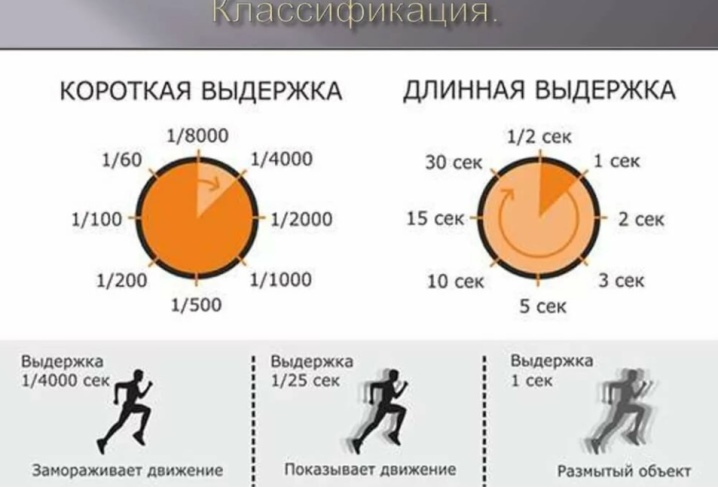
So, first of all it is recommended to place the camera on a secure surface and fix it (for example, you can use a tripod). This step will eliminate camera shake and increase camera stability, making your device easier to use. Next, you must set the focal length and, depending on this indicator, select the exposure level by the method of inverse proportion.
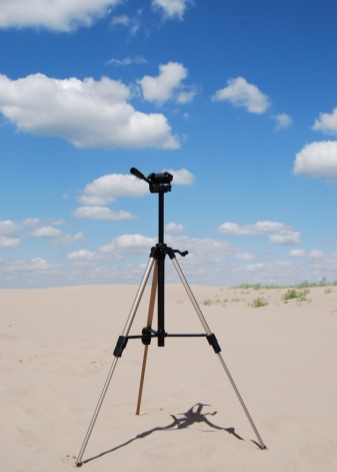
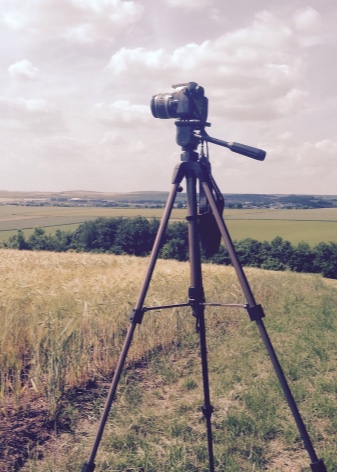
For professional photography it is not recommended to stop the whole image - it is best to focus on a few elements. So, most of the object should remain sharp, and its individual elements can be soft. In this case, you can achieve the best effect.
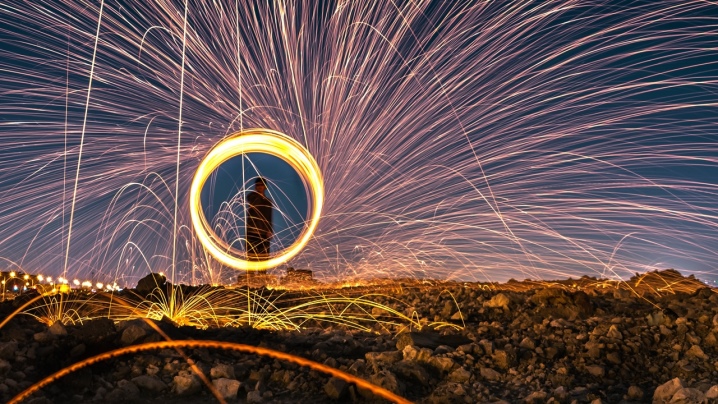
Important! Remember that shutter speed is not a universal metric. It needs to be constantly adjusted and adjusted (for example, after repairing the camera, when shooting a new object, or when choosing a different location).
What determines the quality of exposure?
The quality of the final photo depends on the quality of the exposure.... Accordingly, the adjustment of this parameter must be approached as seriously as possible. Only with practice will you gain the necessary experience and create photographs at the highest professional level.
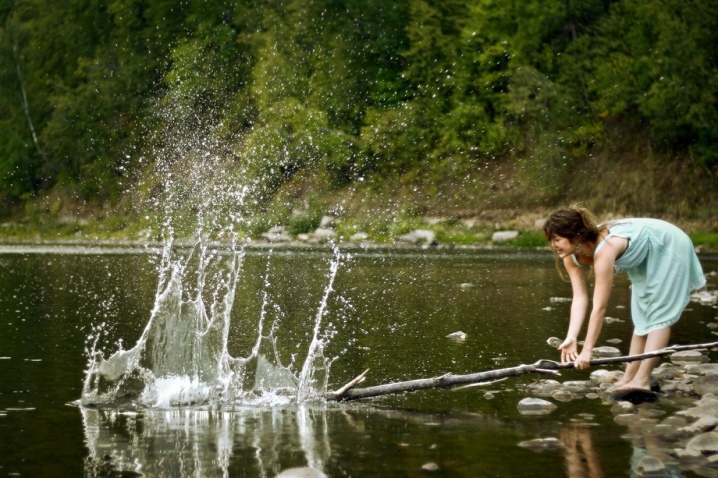
Besides, you need to be especially careful when choosing a camera... Only those devices, which are made by reputable manufacturers, have a good endurance. Before buying a device, read the instructions for its operation and study all the information regarding the functioning of the shutter speed in this model, if necessary, ask the consultant for advice.
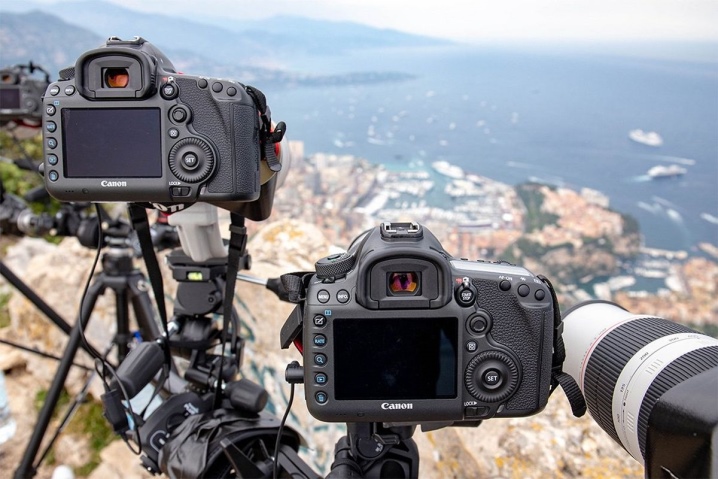
In the next video, you will learn how shutter speed affects the quality of a photo.













The comment was sent successfully.